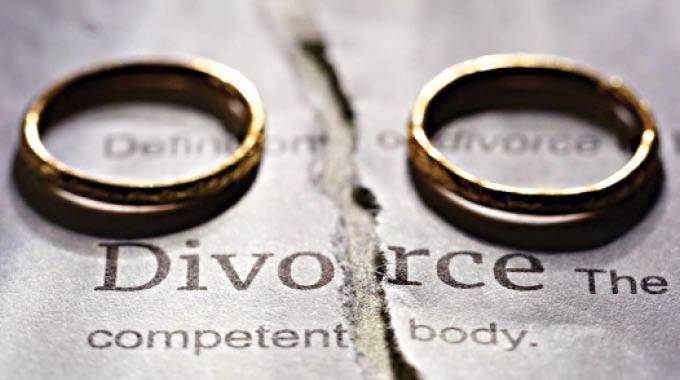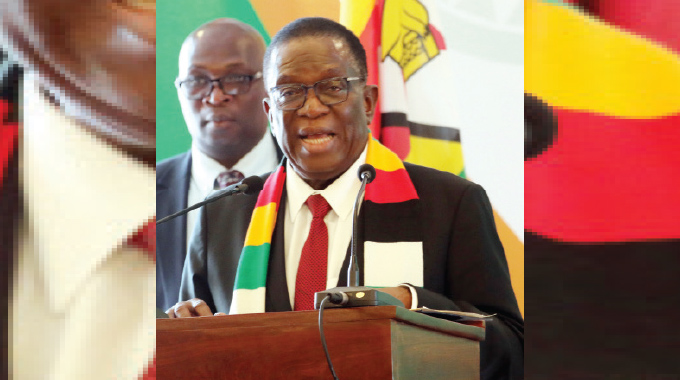Empowerment or escape?…Women initiate 60% divorce cases

Thandeka Moyo-Ndlovu, [email protected]
MORE than 60 percent of divorce cases in Bulawayo this year were initiated by women, according to the High Court.
Out of the 139 divorce applications filed in the Bulawayo High Court up to the end of last month, 64 percent were instigated by women.

The High Court in Bulawayo
Of these, nine have already been concluded.
This follows last year’s figure of 658 divorces — a pattern the region has seen rising over the past 12 months as reported by the Judicial Services Commission (JSC).
Psychologist Ms Jacqueline Nkomo believes the trend reflects women’s growing fiscal independence, which empowers them to prioritise their own welfare over marital endurance.
She said the modern woman’s decision to divorce is often a deliberate choice to escape the exhaustive demands of marital life.
“Emotional fulfilment is another driving force because when emotional needs go unmet, marriages falter. Women are no longer willing to sacrifice their emotional well-being for the sake of marital stability and won’t settle for anything less than they deserve,” she said.
“Reports show that while men easily engage in extramarital affairs, they cannot stomach the same done to them; some even kill themselves when they discover that their wives are cheating.
“So while women appreciate the need to forgive in a relationship, there have to be measures that can be taken and if one sees they are constantly being taken advantage of, they can just divorce without having to revenge on cheating men.
“Gone are the days when women would put up with any nonsensical behaviours in the name of saving a marriage. These days they are not patient, they will leave without thinking twice.”
Ms Nkomo said amid the empowerment lies the sobering reality of the emotional toll of divorce as it is not a decision made without anguish or heartache.
For Mr Shepherd Chingarande, a legal practitioner at Sansole and Senda Law Firm, women no longer possess that ability to withstand challenges that come with sustaining relationships.
He said social media is also orienting women to have high and sometimes unreal standards which cannot be easily met by ordinary men in Zimbabwe.
“The laws around divorce also make it easy for women. They don’t need much like before; a simple ‘we have irreconcilable differences’ is enough and the court cannot force them to stay in a marriage.
“Women are now aware of their rights and they don’t accept abuse or anything that tempers with their well-being unlike women in the olden days who could stay in an unhappy marriage just to secure upkeep for herself and the children,” said Mr Chingarande.

“Women are now emancipated and if the going gets tough, she won’t hesitate to leave the marriage without second thoughts. There are also a number of unrealistic expectations from both parties and people sometimes fail to be real and work with the reality on the ground, which often leads to divorce.”
Bulawayo Progressive residents’ association gender officer, Ms Abigail Siziba, said empowerment played a pivotal role in informed decisions that women choose to make regarding relationships.
“Of course, an empowered woman will surely know the steps to take when faced with challenges in a marriage which does not mean divorce, but getting help from existing organisations or institutions that offer services such as counselling.
“If one then decides to go the divorce route, it may mean other avenues of trying to save the marriage have failed or one is not aware of what they could do if faced with such a scenario,” she said.
“We cannot blame empowerment for contributing to divorce; empowerment is critical for us to achieve gender equality. Women must know their rights and even learn to be independent, and, in fact, the economy is one of the major contributors to misunderstandings in most families.”










Comments